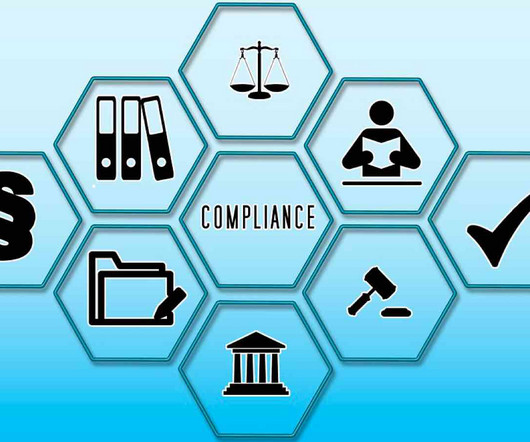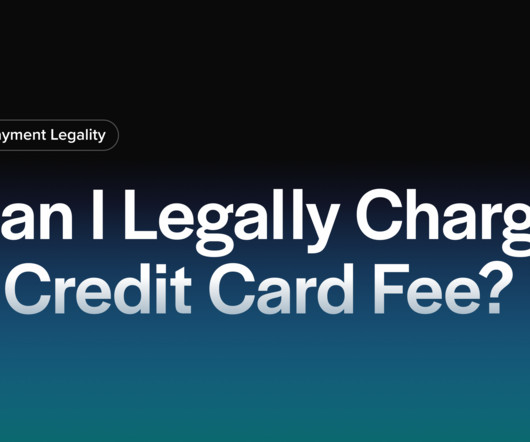Avoided.io: Revolutionising chargeback management and fraud prevention
The Payments Association
FEBRUARY 3, 2025
This crucial alert allows merchants extra time to investigate, assess whether a refund can resolve the issue, and communicate directly with the bank to prevent a chargeback. is committed to ensuring its platform complies with the latest payment industry regulations and card network rules.


















Let's personalize your content